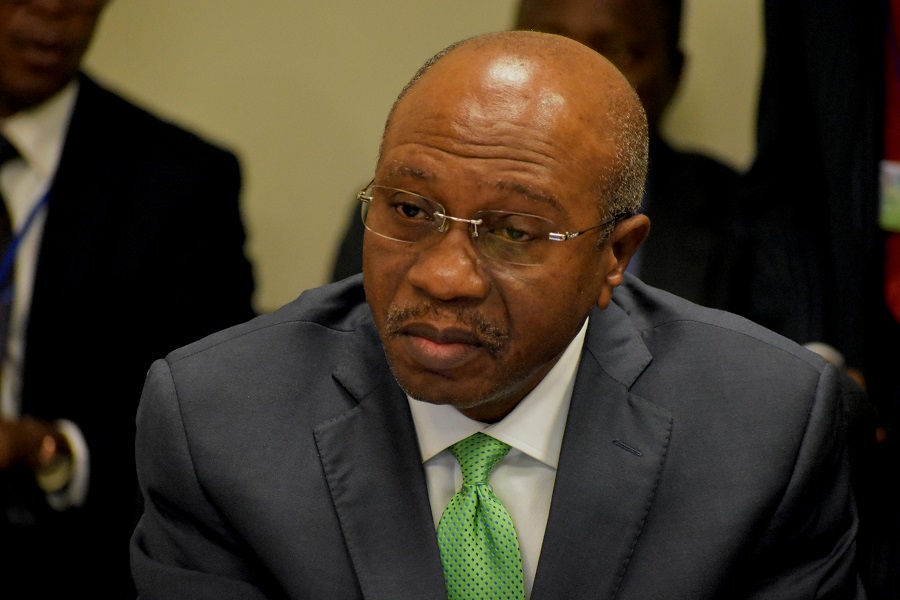Saving in Nigeria is increasingly looking unpopular as negative real returns due to high inflation are worsening the saving culture for Nigerians.
Nigeria is also not alone in this debacle. Across the world, Central Banks continue to adjust interest rates, as part of efforts to curb inflation. Notably, when interest rates rise, it affects economic participants differently (i.e. consumers have to curb spending, however, savers tend to benefit immensely).
Specifically, investors with excess cash to spare can now deploy some of their cash to fixed income securities to earn interest at higher rates (i.e. money market, fixed deposits, and fixed income securities tend to benefit from rising interest rates, such that significant portions of asset allocation realign towards interest rates products)
However, the key idea is that returns on these fixed-income products need to exceed inflation rate. The economic term is “real rate of return”.
Nairametrics’ audience will be familiar with this term as the annual gains on an investment which is adjusted for inflation.
- As an example, if you earn 15% on an investment but inflation is 8% pa then your Real Rate of Return is 7%. This is a positive real rate of return. Conversely, if inflation was 20% pa then for the same investment, you will have -5% or a negative real rate of return.
- A positive Real Rate of Return in an economy encourages people to save more in that economy and currency. Conversely, a negative Real Rate of Return seeks to discourage folks from saving in that economy.
For many economists, tracking the real rate of return on investments is critical. Especially as the level of savings in your economy is a fundamental source of investments to grow GDP.
- Nairametrics readers will be familiar with the GDP equation (GDP = C+I+G+Nx) whereby the I refers to Investment.
- In other words, the more folks are encouraged to save, the more funds are available domestically to invest and grow the GDP of the country.
Advanced countries such as UK and US are often keen to drive positive real rates of return such that the government of these nations have dedicated inflation-protected investments.
Thus, rising interest rate benefits savers, as well as, creates opportunities to facilitate a domestic capital pool as a source for business investments.
What about Nigeria’s Real Rate of Return?
For Nigeria, the central bank raised the benchmark interest rate twice already in 2022 in a bid to tighten liquidity and curb inflation by reducing demand for discretionary spending.
- The benchmark rate is now 14%.
Furthermore, the CBN directed that interest paid on savings accounts should be adjusted to 40% of the benchmark rate which gives savers 4.2%.
The prevailing interest rates from the CBN compares to Nigeria’s inflation of over 15% (July 19.64%), simply suggesting that Nigerian savers both retail savers and institutional savers are being exposed to Negative Real Rates of Return.
- Even if you take into account the rising bond yields which is at 5.6% for 1year, this is still lower than the inflation rate.
In other words, as Nigeria’s inflation outpaces the income from Naira-denominated investments, savers are losing money in real terms.
For context,
- If a saver keeps N100,000 in a savings account to purchase a TV set next year and earns 4.2%, that is N4,200 per annum to give a total of N104,200 in savings.
- However, with 19.64% inflation, it means the goods he wants to purchase will cost at least N119,640.
As noted above, the immediate consequence of negative Real rate of return is that it discourages savings in that currency.
- Thus, it should be no surprise that Nigerian savers and foreign investors alike are deserting the Naira as there are simply insufficient investments to incentivize folks to hold the currency.
Over the past 5 years, whilst the CBN pursued an expansionary monetary policy, the Apex bank could argue that it needed to keep rates low to help fund its intervention agenda.
However, with rising interest rates across the globe, this simply puts pressure on the CBN to follow suit as investors looking for positive real rates of returns will always migrate en mass to more accommodating economic environments to meet their investment goals.
What happens next?
From a saver’s perspective, it is good to see the CBN finally taking action to increase interest rates. This will serve to reduce the issue of negative returns on Naira Investments.
However, there is still a long way to go as negative returns are still prevalent and contributing to poor investment environment for Nigerian savers.
From a CBN perspective, it is critical that monetary policy should focus on creating the appropriate interest rate environment to attract savings and domestic capital. Especially when you consider that most economists believe savings is the backbone of investments in the economy and any subsequent GDP performance.
For now, we look forward to the fourth coming Monetary Policy Committee meeting, scheduled for September, to see the next monetary direction towards taming the rising cost of goods and services in the country and encouraging investors to hold more Naira investments.





















